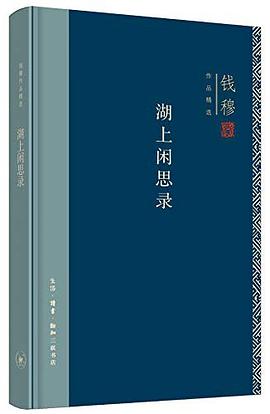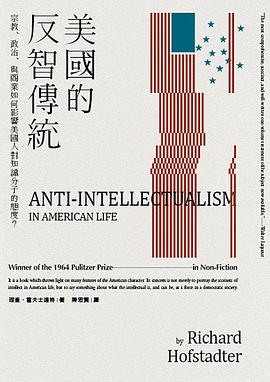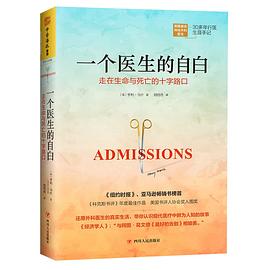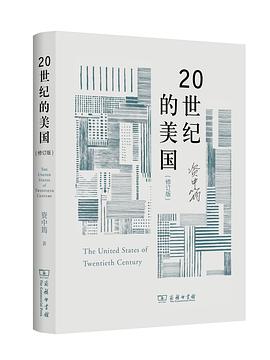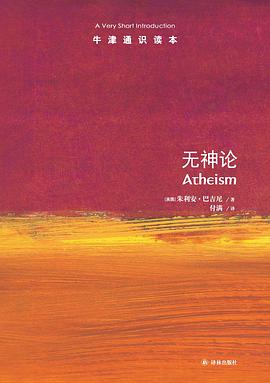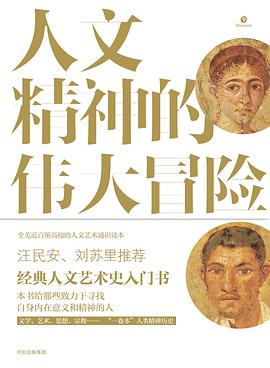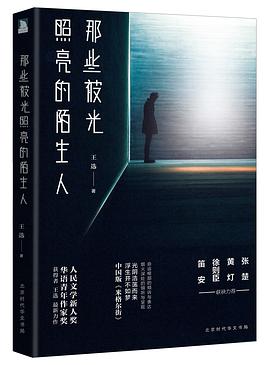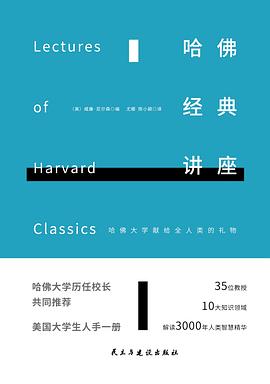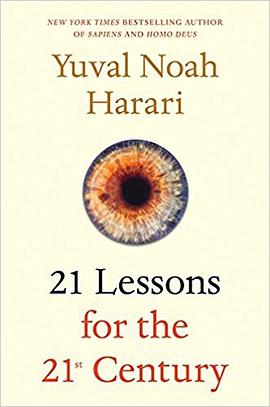

具体描述
In Sapiens, he explored our past. In Homo Deus, he looked to our future. Now, one of the most innovative thinkers on the planet turns to the present to make sense of today's most pressing issues.
How do computers and robots change the meaning of being human? How do we deal with the epidemic of fake news? Are nations and religions still relevant? What should we teach our children?
Yuval Noah Harari's 21 Lessons for the 21st Century is a probing and visionary investigation into today's most urgent issues as we move into the uncharted territory of the future. As technology advances faster than our understanding of it, hacking becomes a tactic of war, and the world feels more polarized than ever, Harari addresses the challenge of navigating life in the face of constant and disorienting change and raises the important questions we need to ask ourselves in order to survive.
In twenty-one accessible chapters that are both provocative and profound, Harari builds on the ideas explored in his previous books, untangling political, technological, social, and existential issues and offering advice on how to prepare for a very different future from the world we now live in: How can we retain freedom of choice when Big Data is watching us? What will the future workforce look like, and how should we ready ourselves for it? How should we deal with the threat of terrorism? Why is liberal democracy in crisis?
Harari's unique ability to make sense of where we have come from and where we are going has captured the imaginations of millions of readers. Here he invites us to consider values, meaning, and personal engagement in a world full of noise and uncertainty. When we are deluged with irrelevant information, clarity is power. Presenting complex contemporary challenges clearly and accessibly, 21 Lessons for the 21st Century is essential reading.
用户评价
##Harari,真的不能再这样下去啦,得有新货啊~
评分##和前面两本一样,依旧觉得很好看。这本更贴近现代的生活,提到的战争宗教社交媒体都更加地贴近当下的话题。其中告诉了我们其实人的思想是很容易被操纵的,意识到这一点才能思考自己的行为是否出于自己的真实愿望,还是出于文化社会宗教所引导我们的。
评分##看了序言之后发现不能盲目读下去了,结果上豆瓣一看,果然是内个味,还好没华宝贵的时间继续往下读。
评分##1.这名字太坑爹了,让人想起火车站小书摊一排又一排的成功学。。。2.找回了看人类简史的感觉,就是“空空的。。”(空空的就是我给人类简史的短评),就是又把一切打了个稀巴烂。3.有些对未来教育的段落有启发意义,小本本已抄下。4.这本书我看的很慢,somehow就把每一个意义and/or读音不是很有把握的词全都查了kindle字典,我觉得很多很实用的non fiction vocabulary. 5.到最后,哎哟喂,全书就是内观的软文呢哈哈哈。。。。总体还是享受了读这本书的经验。
评分##“It’s much harder to struggle against irrelevance than against exploitation”
评分##一本不如一本,很多内容如果看过前两本的话,都是炒冷饭(其实第二本的前100页也都是炒第一本的冷饭)不过也合理,总不能要求全部人都按着顺序三本读下来,总要给点context。就算是这样,里面还是有很多很多很有趣的观点!highlight了很多。但是最后一张居然让大家禅修和打坐(好啦,其实是冥想)真的很虚了。我没有这个境界!!
评分##“It’s much harder to struggle against irrelevance than against exploitation”
评分整本书感觉还是太空洞. 很多小essays串起来的, 质量参差不齐, 有的章读起来还算有趣 (例子好). 讲了半天最后收敛到了meditation这种玄乎的东西上面了, 也没拿出个办法. 叫做*lessons*太过了. 也许适合科普给中小学生看看...
评分##比前两部作品随意了不少,大概因为话题很散没有什么结构可言。目测大型吐槽现场...
相关图书
本站所有内容均为互联网搜索引擎提供的公开搜索信息,本站不存储任何数据与内容,任何内容与数据均与本站无关,如有需要请联系相关搜索引擎包括但不限于百度,google,bing,sogou 等
© 2026 book.teaonline.club All Rights Reserved. 图书大百科 版权所有


